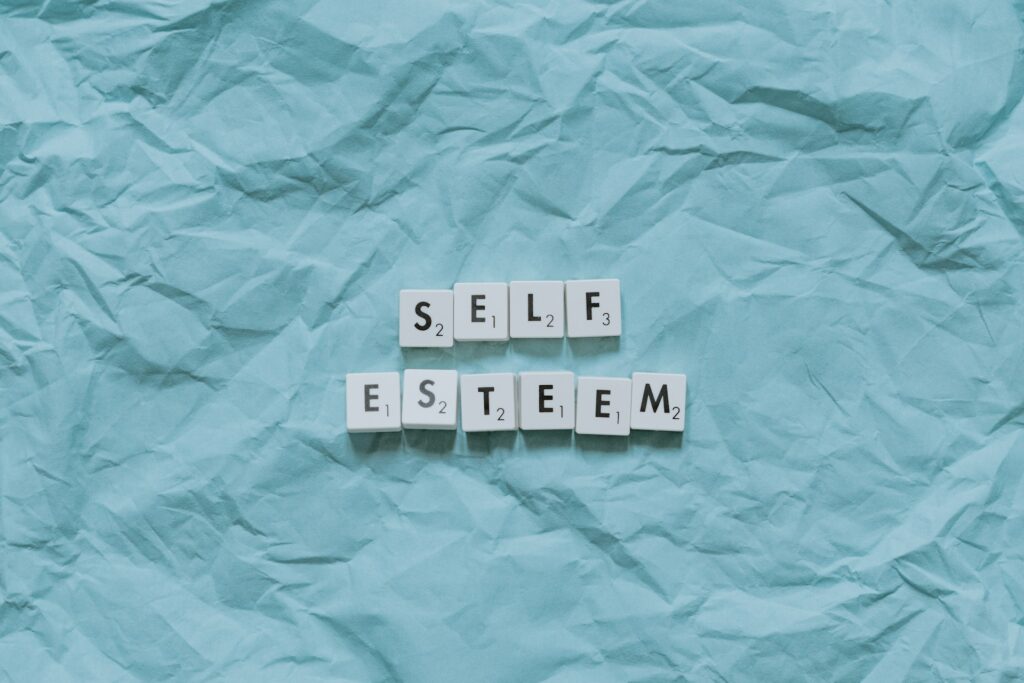What is Self Esteem?
Self-Esteem is the way we view ourselves, the value or worth we feel about ourselves. It is important, as individual resilience is indirectly correlated with self-esteem.
Positive Self Esteem leads to building strong resilience. An individual does not view failure or difficult situations as the end of their life. They motivate themselves to face challenges and do not worry about failure. Additionally, an individual with Positive Self Esteem builds healthy boundaries and believes they are worthy of love and respect.
Lack of Self Esteem or Negative Self Esteem leads to low resilience. A difficult situation or failure feels like the end of the world. He/She might avoid challenging situations out of fear of failure. Additionally, an individual will suffer from feeling unworthy of love, support, or respect. However, they find it very difficult to set healthy boundaries with loved ones around them.
The brain continues to mature until your mid-20s. Although the brain stops growing in size in your teens, the prefrontal cortex, a vital part of the brain responsible for planning, regulating thoughts, making insightful judgments, and driving mission-oriented actions, matures later compared to other brain regions. The brain region partially responsible for our behavior typically develops into maturity in our mid-twenties. However, as children, we are expected to make all the right decisions despite this ongoing developmental process. The journey begins here, where not only society but even our parents expect the best and most perfect behavior from their children. This cycle perpetuates as our grandparents expected from our parents, our parents built expectations from us, and we, in turn, started building expectations from our children. It is vital to have healthy expectations from children, but when those expectations turn into compulsory actions that need to be performed, it leads to building a lack of self-esteem in childhood. As a child, whenever he/she fails to meet the expectations of their parents, which is followed by criticism, it leads to building negative self-belief about themselves. Because until the age of 6-7, children view themselves from their parents’ vantage point. However, I agree healthy feedback is important for a child’s growth, but it should not be accompanied by labeling, for example – “You are good for nothing,” “I am ashamed of you,” “You are so fat,” “You are so ugly” “He/She is better than you,” and “You are useless,” etc. As discussed above, it leads to negative self-beliefs, which also leads to building a lack of self-esteem. Further, if an individual is continuously surrounded by unhealthy criticism, different psychological syndromes like Imposter syndrome, Social Anxiety Disorder, Perfectionism, Body Dysmorphic Disorder (BDD), etc.
How to have Positive Self Esteem?
In order to have positive self-esteem, an individual needs to be determined and disciplined. The process might take time because it involves changing neural pathways. Here are a few steps an individual can take by themselves to feel change and have positive self-esteem.
Practice Positive Small Self Talk – Appreciate two positive things you did in a day. As an individual with a lack of self-esteem, he/she is habitual of seeing negatives in themselves. In order to train your brain to see the good in you, it has to be forced initially until it becomes an effortless practice.
Learn To Be Rational – As an individual, we are most critical with ourselves and eliminate the positives or rather be very aggressive with ourselves. However, we need to learn to forgive ourselves and keep learning and growing. Additionally, we also need to learn to have realistic expectations from ourselves.
Practice Breathing – It is important to have a calm nervous system to think rationally in a difficult situation, and this process helps to better resilience.
Learn to Love Your Body – Ask yourself what is beautiful for you, not for people around you. Yes, it is important to keep your body healthy, but for yourself. Every day in the morning, look at yourself in the mirror, hug yourself, and just for a few seconds, appreciate your body. This process will also help you to feel confident in yourself internally and your body.




Very well written…There are many people who suffer with low self-esteem and need proper care and guidance.
God bless you
That’s a great reminder on how to have a positive self esteem! It’s packed with valuable insights for the self awareness program ! “Self love is the key to a joyful life.”